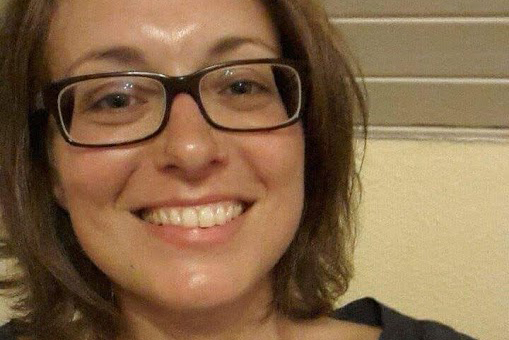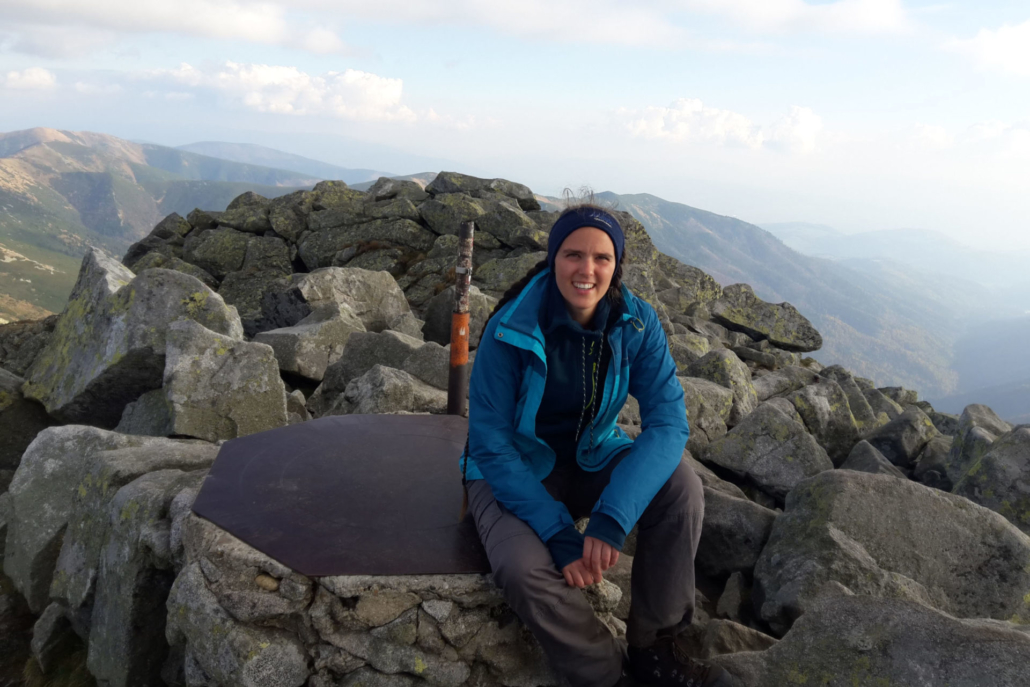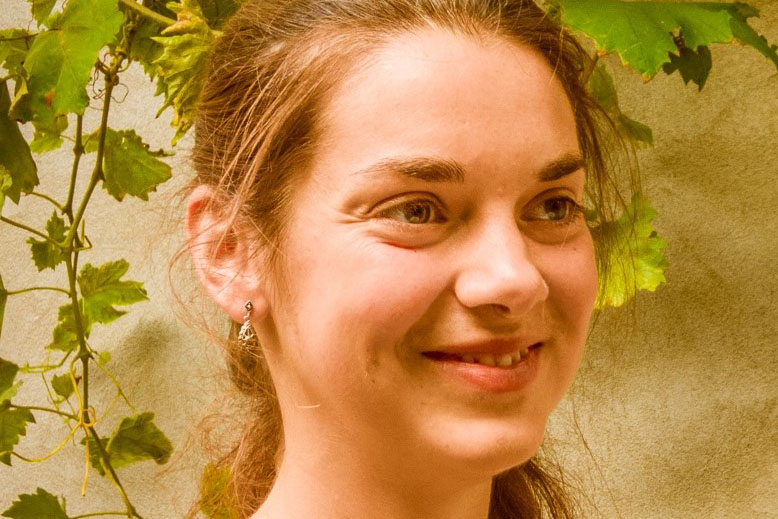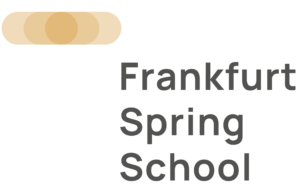
Claudia Hermes
Major study subject at university: Evolutionary biology and animal ecology
Highest university degree: PhD
After finishing a PhD in conservation biology, I started working at BirdLife International, where I assess the extinction risk of birds for the IUCN Red List. In my job, I collate data on population size and trends of bird species worldwide as well as on the threats they are facing, which ultimately allows us to monitor the state of global biodiversity. I find it very motivating that there are many examples where conservation is having an impact and helping species to recover from the brink of extinction.

Barbora Lepková
Major study subject at university: Plant ecology
Highest university degree: Master of Science
I am still working on my Ph.D. as I was when I participated in the Spring School. Even though my work is not connected to conservation, it is a possible line of work for me in the future and I am actually starting a conservation monitoring. What I value the most on the Spring School is the volume of soft skills I learned, especially those connected to project planning. Furthermore, I found extremely valuable those topics not connected to conservation only, e.g. managing human resources. These skills proved to be of great value in my current position of lab manager and I believe they will help me greatly once I actually start applying for a job 🙂

Friederike Zenth
Major study subject at university: Environmental Sciences
Highest university degree: Bachelor of Science
Studying biology in my bachelor, I developed a keen interest in behavioural ecology and human-wildlife interactions. Subsequently, I choose a Master of Environmental Sciences with the ambition to contribute to the co-existence of humans and other animals and to the conservation of nature in an anthropogenic world. Currently I am working with in the Galapagos Sea Lion Project of Bielefeld University, where I conduct my master thesis on behavioural ecology of these endangered pinnipeds.
I hope to further peruse my passion to working on closing the gap between conservation science and practice.
